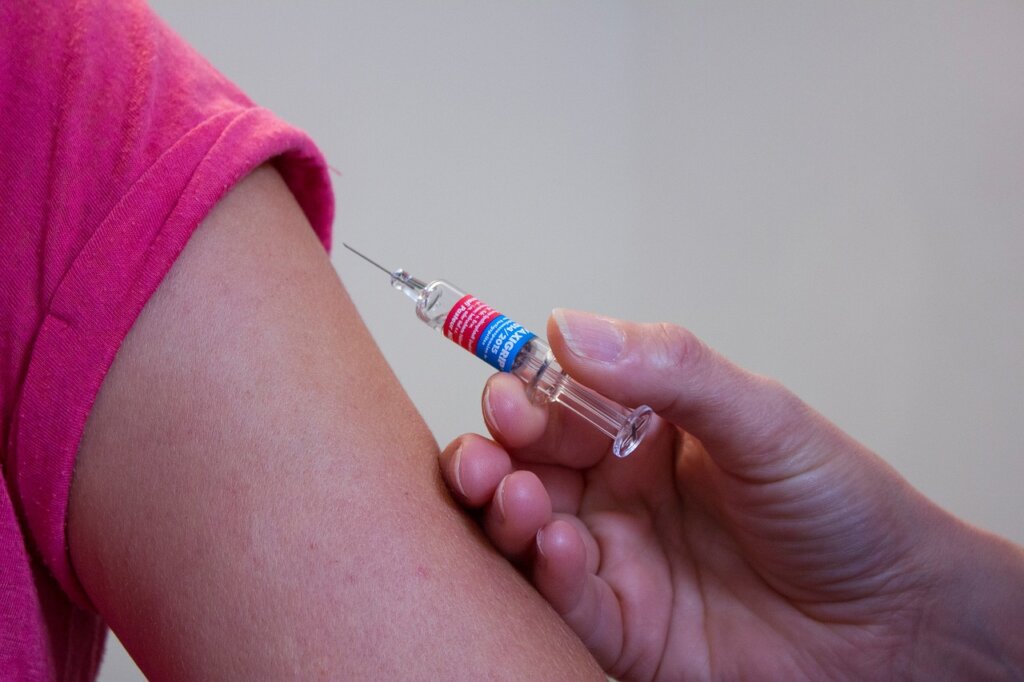
Federal and state investigators have traced recent measles cases across multiple states to visits to Florida.
These findings shed light on early infections contributing to a rise in the highly contagious virus.
Reports from Florida’s health department suggest that families from Indiana and Louisiana, where cases emerged earlier this year, may have intersected in the state.
Unveiled connections and insights from correspondence
Messages between local investigators and the Centers for Disease Control and Prevention (CDC) suggest a possible link between measles cases in Florida and those in other states.
Megan Gumke, an epidemiologist for the Florida Department of Health, expressed interest in exploring connections between cases from different regions.
However, it remains uncertain if these cases are linked to those previously reported by the Orlando Sentinel, involving an adult and three children treated in local emergency rooms.
Florida’s response and clarifications
Grant Kemp, Florida Health Department’s deputy press secretary, cautioned against solely attributing measles cases to Florida, noting other states also report infections.
Kemp clarified that the Orlando cases were unrelated to a measles outbreak at a Broward County elementary school earlier this year.
The outbreak, which involved nine reported cases, began with a 9-year-old child who had not been vaccinated due to a religious exemption.
National concerns and recommendations
Amidst a surge in measles cases, health officials are urging unvaccinated individuals to get vaccinated before international travel to protect against the virus.
The U.S. has witnessed a concerning increase in measles cases in the first three months of 2024 compared to the entirety of 2023.
The CDC reports cases in various states, including Arizona, California, Georgia, Illinois, Maryland, Michigan, Minnesota, Missouri, New Jersey, New York City, Pennsylvania, Virginia, and Washington.
Travel-related infections
According to the CDC, as of March 18, 93% of measles infections reported this year have been linked to travel outside the U.S.
The CDC advised unvaccinated individuals traveling to seek vaccination at least six weeks before their trip, regardless of age.
The measles case increase highlights the importance of health precautions for travelers, especially those entering the U.S. through the Visa Waiver Program (VWP) and via ESTA authorization.
As outbreaks persist, travelers must prioritize vaccination and follow the CDC’s recommendations, which align with ESTA’s focus on security and eligibility.
Integrating vaccination requirements into the ESTA process improves public health measures, reducing the risk of imported diseases like measles.
Travelers should remain informed and prioritize their health when planning visits to the United States.
Recommendations and urgency for vaccinations
The CDC emphasizes the importance of measles vaccination, recommending it for everyone aged 12 months and older.
The measles, mumps, and rubella (MMR) vaccine, widely utilized for decades, is deemed safe and effective in preventing measles.
Health officials urge individuals to catch up on missed routine vaccinations during the pandemic, emphasizing the necessity of maintaining high vaccination rates to prevent widespread outbreaks.
Further assessment and precautions
Health officials emphasize the need to catch up on missed vaccinations during the pandemic to prevent widespread outbreaks.
Although some areas have low vaccination rates, most U.S. communities have enough immunity to prevent measles from spreading widely.

